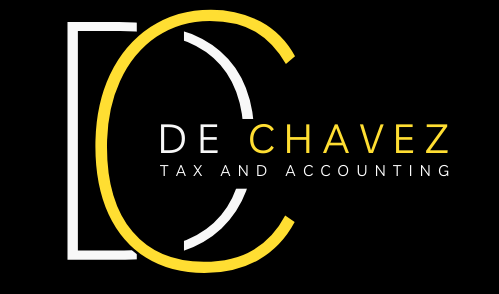For small business owners, decoding the tax code can seem overwhelming, but it is essential to comprehend tax responsibilities and optimize deductions for financial prosperity. Below are key pointers to guide you in effectively navigating the tax code:
- Understanding your business structure is crucial as it determines your tax obligations and filing requirements. Different structures such as sole proprietorship, partnership, corporation, and LLC have varying tax implications, so it’s important to comprehend how your specific structure impacts your taxes.
- It is essential to maintain precise and detailed financial records for tax compliance. Utilizing accounting software to monitor income, expenses, and other financial transactions is recommended. Furthermore, keeping receipts, invoices, and bank statements organized is necessary to substantiate your tax filings and deductions.
- Familiarize yourself with important tax deadlines to avoid incurring penalties and interest charges. Key dates to keep in mind include quarterly estimated tax payments, annual income tax return filing, payroll tax filings (if applicable), and sales tax filings (if applicable).
- Optimize the use of all possible tax deductions to lower your taxable income. Common deductions for small businesses include:
– Supplies and equipment used in the office
– Rent and utility expenses
– Travel and vehicle costs
– Expenses related to marketing and advertising
– Professional services such as accounting and legal fees
– Home office expenses, if you meet the criteria
- Have a good understanding of tax credits, which can directly reduce your tax liability. Look into available credits such as the Small Business Health Care Tax Credit, Work Opportunity Tax Credit, and research and development credits. Make sure you qualify to claim these credits.
- Effectively handle payroll taxes if you have employees. It’s important to withhold and pay payroll taxes, including Social Security, Medicare, and federal and state income taxes. Ensure compliance with payroll tax regulations to avoid penalties.
- Take into account Estimated Taxes
If you’re a small business owner, you might have to make quarterly estimated tax payments. These payments encompass income and self-employment taxes and assist in preventing underpayment penalties. It’s essential to calculate your estimated taxes with precision and ensure timely payment.
- Differentiate Personal and Business Finances
Maintain a clear demarcation between your personal and business finances by utilizing dedicated business bank accounts and credit cards. This division streamlines bookkeeping processes and guarantees accurate tax reporting.
- Stay Updated on Tax Law Changes
Tax laws and regulations are subject to frequent changes. Stay informed about any updates that impact your business by following trustworthy sources, participating in tax seminars, or seeking guidance from a tax professional.
- Consult with a Professional
It can be challenging to understand the tax code. Think about engaging a certified public accountant (CPA) or tax advisor with expertise in small businesses. They can offer useful advice, assist in optimizing your tax strategy, and ensure adherence to tax laws.
By adhering to these suggestions, small business owners can effectively maneuver the tax code, reduce tax obligations, and adhere to tax regulations.
P.S. Got questions or need personalized advice? Feel free to reach out!

